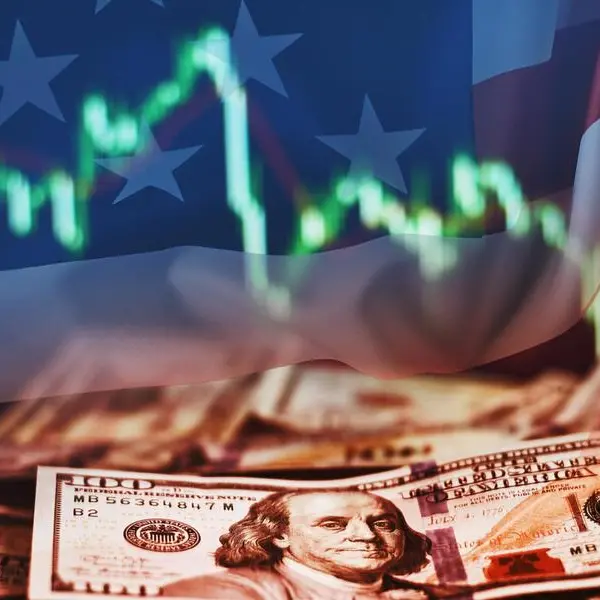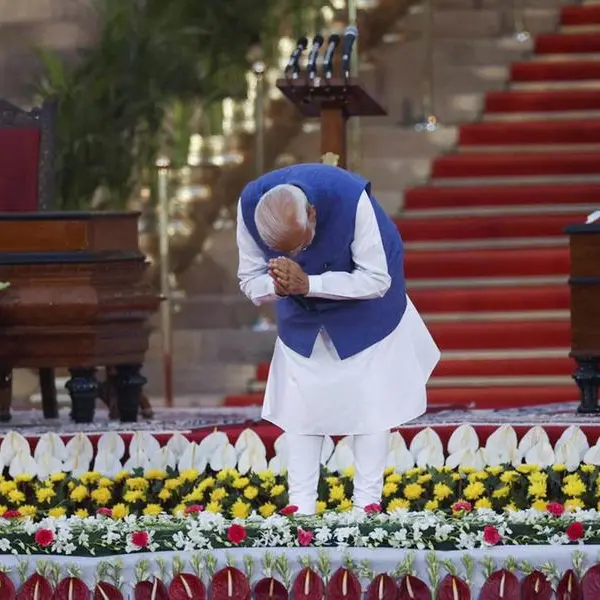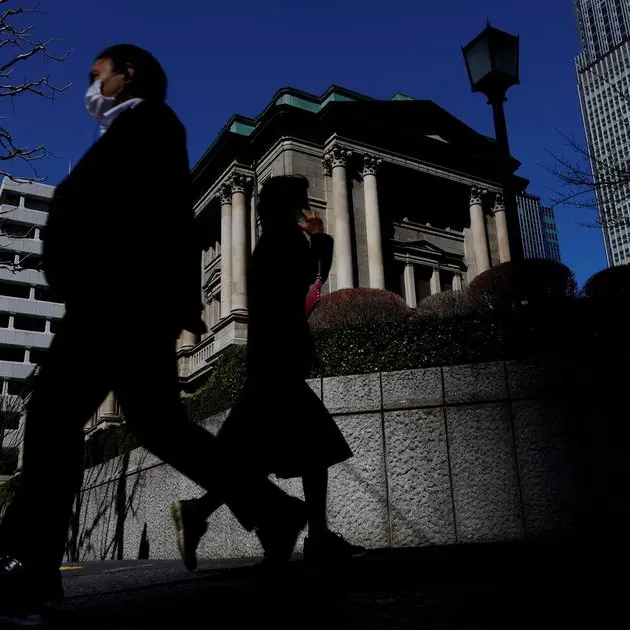PHOTO
WASHINGTON - Residents of Florida were largely spared a devastating blow from Hurricane Idalia this week, and Florida Governor Ron DeSantis also appeared to avoid the political peril that could have hurt his campaign for the 2024 Republican presidential nomination.
DeSantis and his allies credit his landslide reelection victory last year in part to his response to Hurricane Ian, which killed almost 150 people and caused over $100 billion in damage in Florida.
On the campaign trail, DeSantis presents himself as the most capable leader among the Republican contenders. He cites the reopening of a major bridge just three days after Ian as one example of his effective leadership.
DeSantis faced a similar test this week when he suspended his campaign to oversee his state's response to Hurricane Idalia. By Thursday, the storm had moved past Florida, causing significant property damage but relatively few deaths.
Storms have shaped other political campaigns in the past, and DeSantis' advisers and donors privately expressed the hope that a successful hurricane response could potentially help the governor close the 40-point gap with the frontrunner for the Republican nomination, former President Donald Trump.
While it is far too early to know what boost if any DeSantis will receive in opinion polls from his handling of the storm, Republican officials said the governor still faces political risks from Idalia in the coming days and weeks.
"The real work comes post-storm, and seeing what the damage is and how he reacts," Christian Ziegler, the head of the Florida Republican Party, told Reuters. "Governors are truly defined in Florida by how they handle storms."
Even though DeSantis suspended campaigning to focus on Idalia, there has been a concerted effort by social-media accounts affiliated with his presidential bid to showcase his handling of the disaster. They have pushed out dozens of videos of him addressing the crisis.
In the lead-up to the storm, DeSantis held several press conferences per day, always flanked by a bevy of emergency response officials. He has also spoken to President Joe Biden twice in recent days and he has been outwardly careful to separate the hurricane from presidential politics.
"There's a time and a place to have political season, but then there's a time and a place to say that this is something that's life-threatening," DeSantis said on Monday.
According to DeSantis' official schedule, he had seven calls scheduled between 8:30 a.m. and 8:47 a.m. on Wednesday, for instance, with one scheduled to last only one minute.
NOT OUT OF THE WOODS YET
"It's fairly impressive what the governor has gotten done so far," said Congressman Chip Roy, a close ally, who emphasized that there was still serious cleanup work to be completed.
Ford O'Connell, a Florida Republican strategist, said DeSantis appeared to have acquitted himself well so far, though he doubted the storm would fundamentally alter the race.
"Do I think it's going to scramble the Republican primary? No," he said.
Republicans say Hurricane Katrina, which killed nearly 2,000 people and devastated New Orleans in 2005, contributed to their steep losses in the 2006 and 2008 congressional and presidential elections.
On the other side, Republican Florida Governor Rick Scott touted his response to 2017's Hurricane Irma in a successful bid for U.S. Senate the following year. Political strategists also say Democratic President Barack Obama's 2012 re-election bid was boosted by his response to Superstorm Sandy.
Idalia arrived as DeSantis was facing blowback after he called the alleged perpetrator of a racially motivated triple homicide in Jacksonville a "scumbag" during a Sunday vigil. Jeffrey Rumlin, a local pastor who spoke after DeSantis, said the alleged killer "was not a scumbag. He was a racist."
That served as a reminder of previous conflicts with the state's Black residents. He has faced widespread criticism over a new history curriculum that requires public schools to teach that slaves developed skills that "could be applied for their personal benefit."
A representative for DeSantis said on Thursday that the governor said during the Sunday vigil that the state would not let people be "targeted based on their race."
(Reporting by Gram Slattery, editing by Ross Colvin and Andy Sullivan)





















